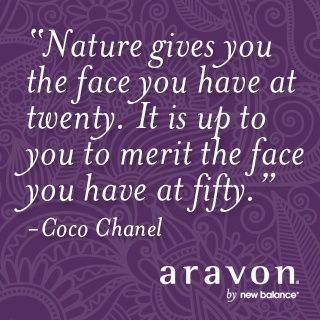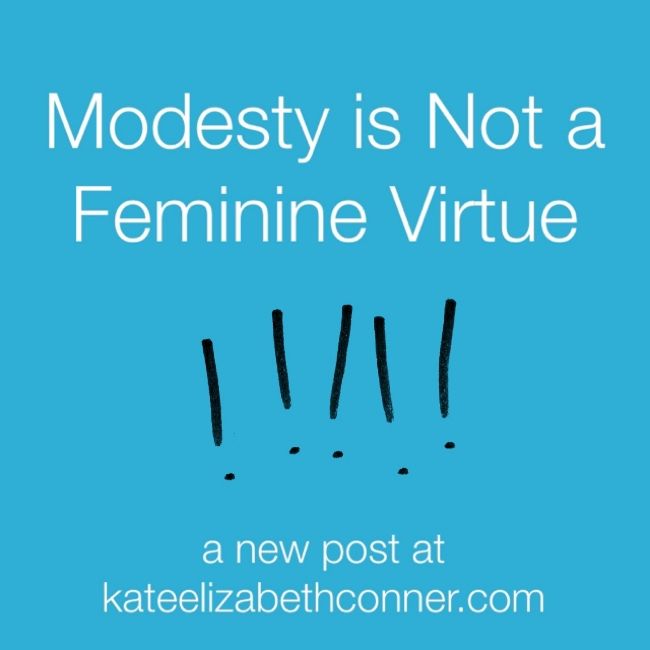Good morning, friends! Here is a round-up of some of my all-time favorite thoughts on real beauty. Some of these influenced the second chapter of my books, all of them have influenced me. I hope you'll save them and savor them when you have the time.
Love, Kate
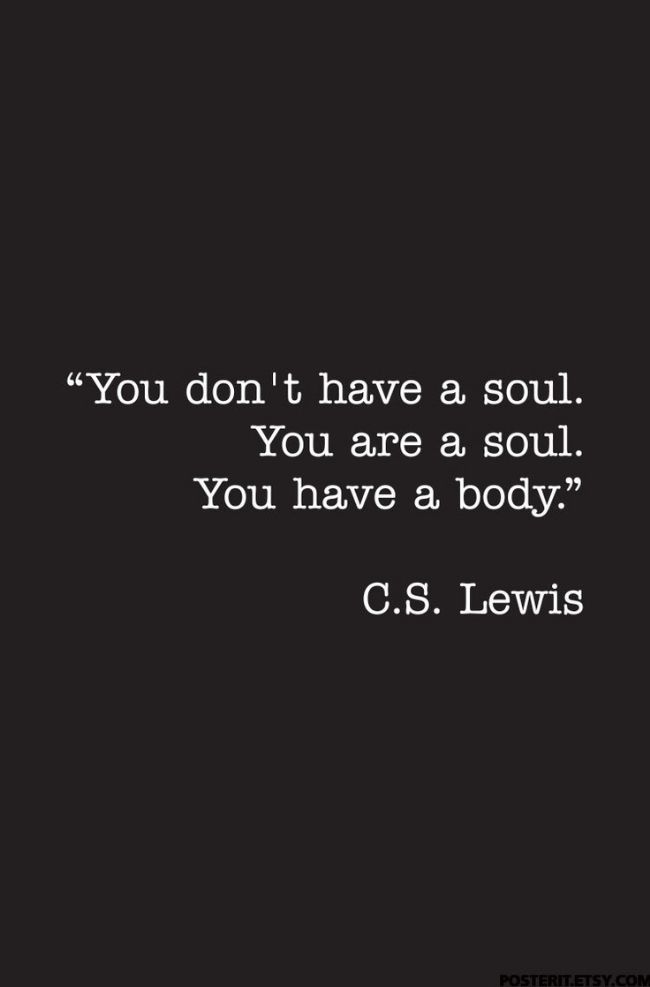
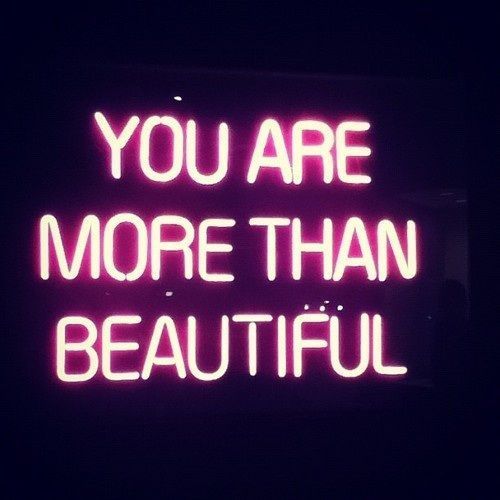
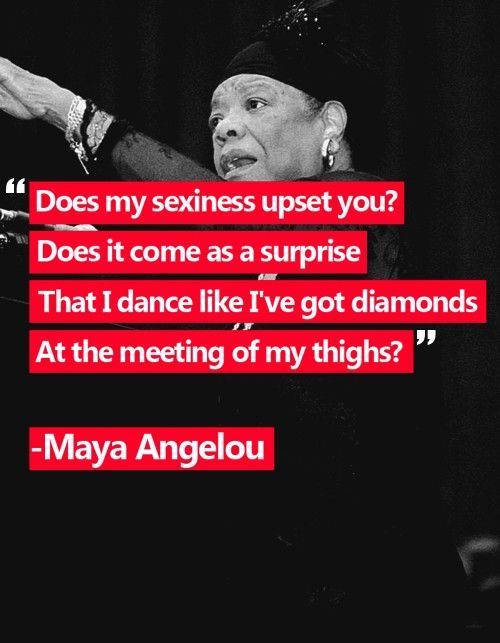
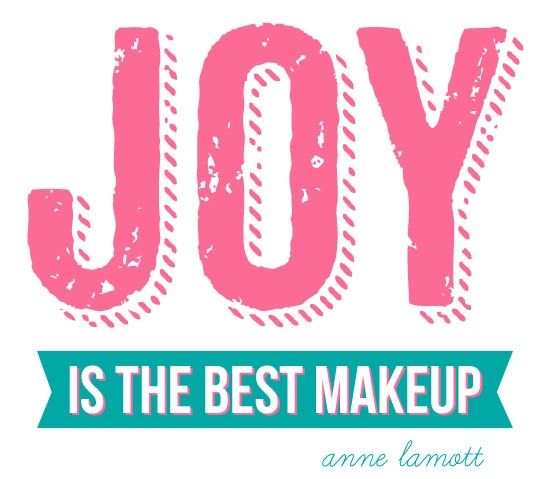
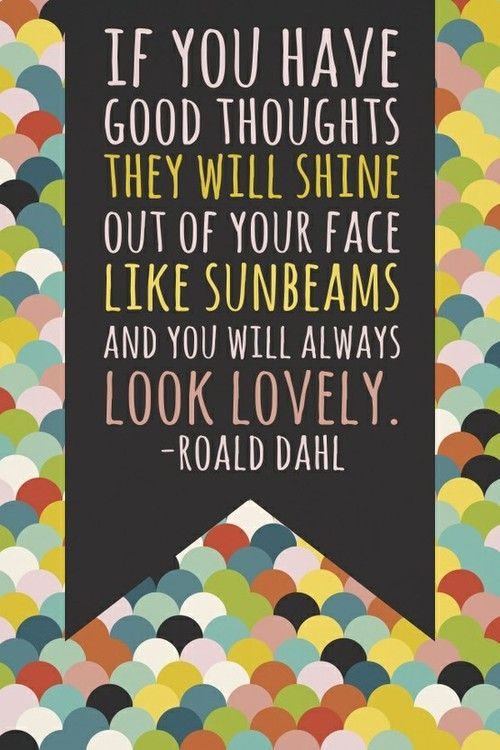
(All images are pinned to and sourced on my 10 Things Chapter 2 Pinterest board here.)
Lupita Nyong'o's acceptance speech:
“And my mother again would say to me, “You can’t eat beauty. It doesn’t feed you.” And these words plagued and bothered me; I didn’t really understand them until finally I realized that beauty was not a thing that I could acquire or consume, it was something that I just had to be.” (link)
The Aunties, by Anne Lamott:
""I was not wearing a cover-up, not even a T-shirt. I had decided I was going to take my thighs and butt with me proudly whenever I went. I decided, in fact, on the way to the beach, that I would treat them as if they were beloved elderly aunties, the kind who did embarassing things at the beach, like roll their stockings into tubes around their ankles, but whom I was proud of because they were so great in every real and important way." (link)
Swimsuit Ready or Not, by Shauna Niequist
"I’m not going to give in to the cultural pressure that says women’s bodies are only beautiful when they’re very, very small. I’m going to take up every inch of space that I need, even though our world is obsessed with the idea that women should only take up just the tiniest bits of space. I’m going to practice believing that I am more than my body..." (link)
The Danger of Always Looking at Ourselves, by Karen Swallow Prior
"But therein lies the paradoxical power of beauty. It has the power - whether because we possess it or because we lack it - to trap our gaze forever upon ourselves, like Narcissus. At the same time, it also has the power to draw us to the ultimate source of all beauty. We are, after all, made in the image of God, which bestows us with the kind of beauty that Dove can neither give nor take away. As image-bearers of God, our gaze should be directed toward the source of that beauty rather than the reflection. We can treat the beautiful as idols, and thus as the endpoint of our gaze. Or we can treat beaut"y as an icon, the means through which our gaze is directed to God." (link)
Why Dove’s “Real Beauty Sketches” Video Makes Me Uncomfortable… and Kind of Makes Me Angry, by Jazz Brice
"Dove was right about one thing: you are more beautiful than you know. But please, please hear me: you are so, so much more than beautiful." (link)
Beauty Routine, by Glennon Melton
"Today I will FILL UP WITH THIS BEAUTY. I will SEE this beauty and really NOTICE IT and smell it and hear it and roll around in it and soak it all up. I will allow all of this beauty to become a part of me- to BECOME ME- and by the end of the day I will be so freaking beautiful from the inside out that folks will stop and stare, probably. If you do not feel beautiful then FILL UP, Precious Sister." (link)
Aaaaand, why I don't tan:
